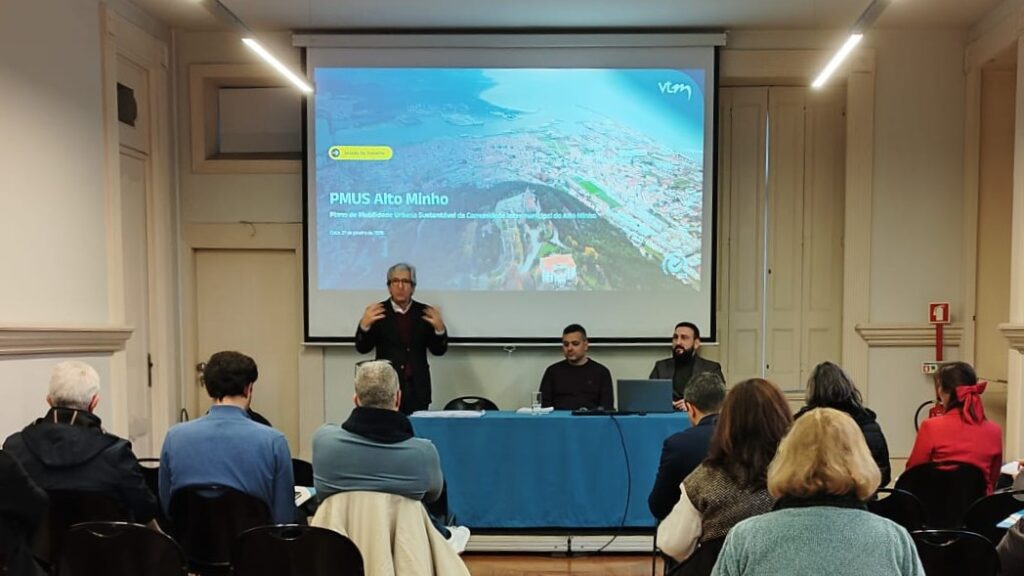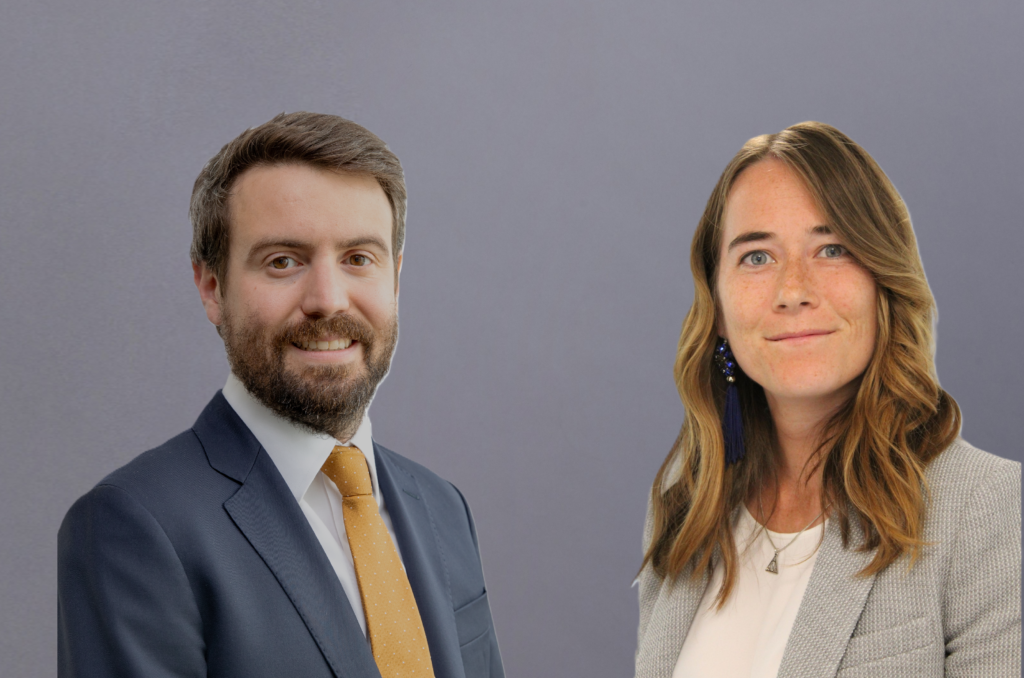VTM at the Public Passenger Service Contracts conference

After a day of presentations and discussion, the conference’s assessment indicates that there is still work to be done, both on the side of the granting authorities and the concessionaires, to ensure that contracts are fulfilled without (major) hitches. Various challenges were identified by different stakeholders.
These challenges include, for example, the correct adjustment of contract remuneration to enable operators to meet the investment required in the specifications. There is also a need for capacity building not only for operators but also for municipalities and intermunicipal communities, both in terms of human and technological resources, to address the various needs imposed by the new contracts, among other challenges faced by different entities.
VTM has extensive experience advising various players in the public passenger transport sector, participating on both the grantor and concessionaire sides in various first-generation tenders. Thus, it is in a privileged position to assist its clients in preparing for or bidding on the remaining contracts of this first generation, as well as in future second-generation contracts.
Latest news
All news
Collaborative mobility planning takes a major step forward in Alto Minho
This week, Ponte de Lima hosted an important milestone for sustainable mobility in the Alto Minho region, with the working sessions of the 2nd-generation Sustainable Urban Mobility Plan of Alto Minho (SUMP Alto Minho), promoted by CIM Alto Minho. At VTM, we are proud to support CIM Alto Minho in the development of a new-generation […]

VTM welcomes Oriol Riba and Alessandra Bernardi
VTM is pleased to announce the addition of two highly experienced professionals, Oriol Riba and Alessandra Bernardi, further strengthening our capabilities across infrastructure advisory and transport modelling. Oriol Riba joins VTM as a Senior Associate Director with more than fourteen years of experience in the infrastructure sector, with a strong focus on transport and additional exposure to energy […]
